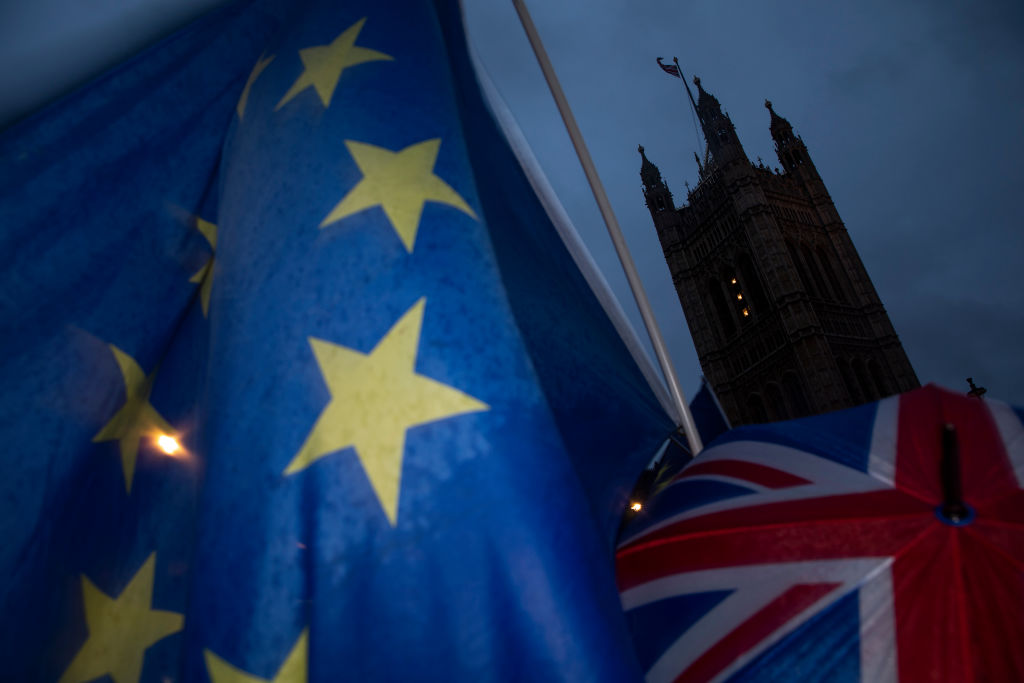The “People’s Vote” is celebrating the judgement by the European Court of Justice that Britain could unilaterally revoke Article 50 at any point up until 29 March next year and remain in the EU under existing terms. It destroys the argument that Michael Gove made last weekend: that reversing our decision to stay in the EU would lead to vastly inferior terms, the loss of Britain’s rebate and so on. And while the government still describes the judgement as hypothetical, it will also heap huge pressure on Theresa May if she loses tomorrow’s seemingly doomed vote on her withdrawal bill. Like it or not, she will have to fend off a reinvigorated campaign for a second referendum.
But hang on a minute, is the ruling really only good news for Remainers? On the contrary, it should give encouragement to Brexiteers who want to leave the EU properly, and without being tied into some kind of customs arrangement which prevents us from developing our own trade policy. In trying to make the case for her deal, Theresa May has relied heavily on the argument that it is the only form of Brexit that is practically possible. We can’t allow ourselves to drift towards a ‘no deal’ withdrawal, she asserts, because it would create too much havoc.
That may be true, but it is her fault that we are unprepared for a ‘no deal’ Brexit. It was she who drove ahead with Article 50 before the government had made any serious planning for the possibility that negotiations for a trade deal with stall or fail, she who failed to give the EU the impression that she was serious about walking away from talks. It is thanks to those failures that the EU has been able to exploit her weak position and drive her into agreeing to a one-side deal which promises to condemn Britain into the limbo of the backstop, where the EU makes the rules and we are forced to accede to them.
But the ECJ ruling hands power back to Britain. It means that Parliament can now revoke Article 50 and allow the government to restart the whole process of withdrawing from the EU – this time doing it properly. May – or more likely her replacement – could spend a couple of years preparing in detail for a no-deal and then, when we have firm plans over how to handle food, medicines, customs posts and the like, re-invoke Article 50. UK trade negotiators would then be in a far stronger position. We would know just how far the EU is prepared to go in order to try to stop Britain having its own independent trade policy and would know what we had to do: threaten to walk away from negotiations and enact a no-deal Brexit.
This morning’s ECJ judgement weakens May, but it strengthens the hands of both Remainers and hard Brexiteers. The chances of us not leaving the EU on 29 March next year have increased hugely – but that doesn’t mean we won’t be leaving at a later date.







Comments